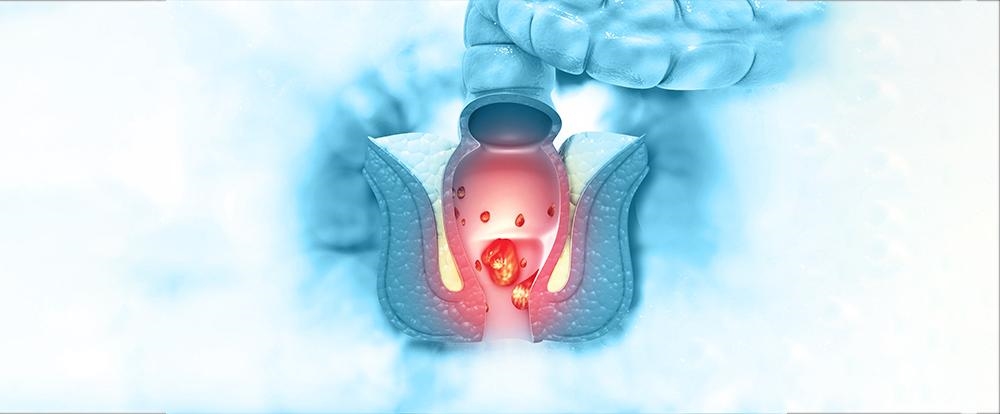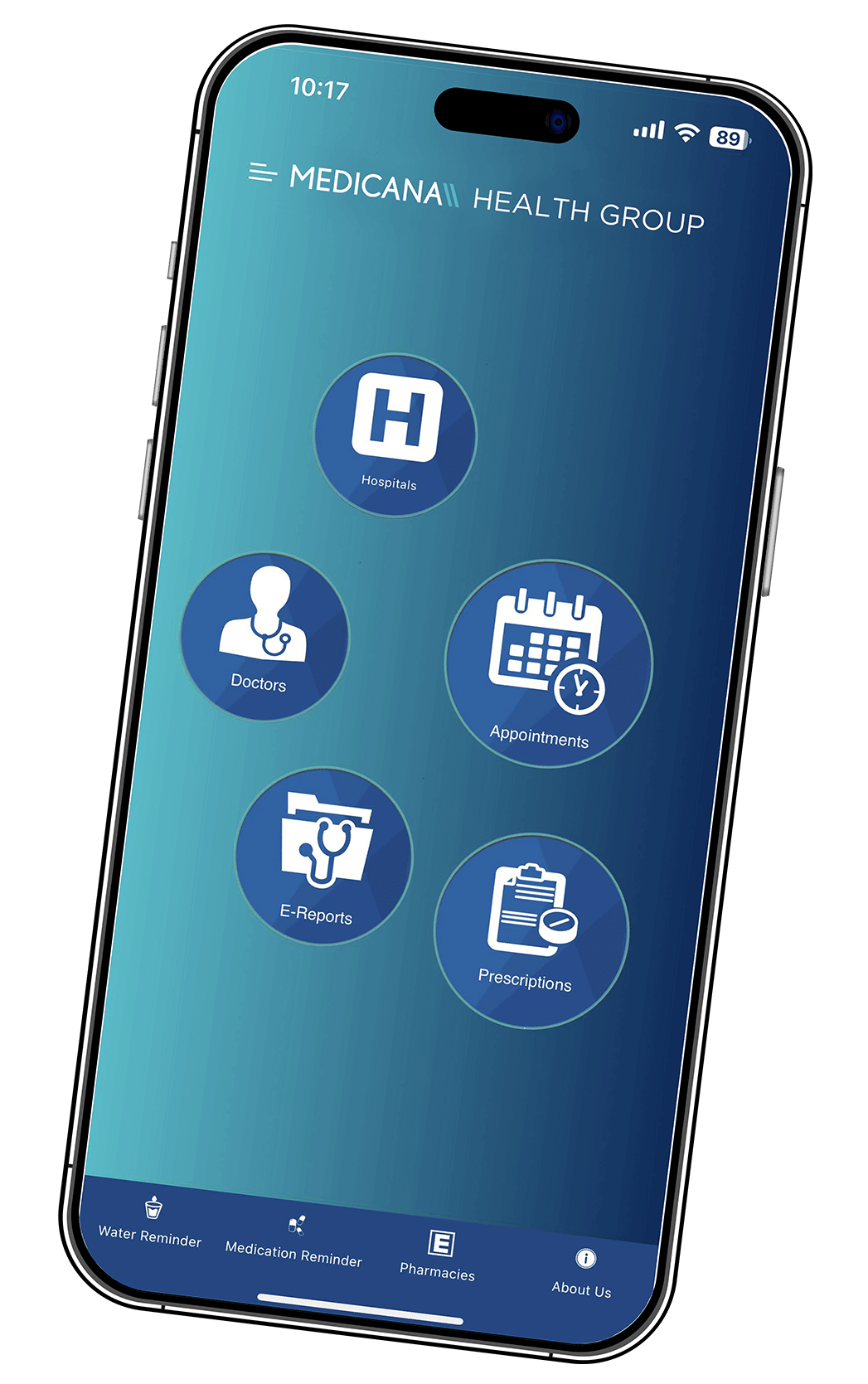Hemorrhoid

Overview
Hemorrhoids imply the internal (arterial) and external (venous) blood plexus around the anus. Although this term is usually used to indicate a disease, it means the blood vessels of the anus. When these blood vessels are clogged or swollen for various reasons, they cause pain, bright red blood in the stool, rectal itching and discomfort, and changes in bowel habits due to avoiding passing stool due to pain.
The underlying cause may not be identified, or multiple factors may be responsible. On the other hand, hemorrhoids can exacerbate, followed by spontaneous regression without any treatment. It is challenging to recognize internal hemorrhoids, and they are manifested by symptoms such as rectal bleeding, rectal pain, itching, burning, or prolapsing out of the anal canal in the advanced stage.
However, external hemorrhoids are more accessible to recognize patients because they can bulge out of the anus easier and quicker.
Hemorrhoids can be the sole finding, but anal fissures and fistulae can frequently accompany them.
The bright red blood in stool, constant anal and rectal pain and burning, sharp pain while passing stool, anal itching and discomfort, swelling around the anus, and the presence of a lump, called "piles," which can cause rectal pain, are signs that necessitate a visit to your doctor.
Your doctor will do a physical examination for a definite diagnosis of hemorrhoid. Your doctor will check your rectum and anus by wearing a glove and dropping a lubricant on the gloved finger.
Surgical treatment is usually not the first choice in hemorrhoids because acute exacerbations can be followed by spontaneous regression. To manage the pain and other disturbing symptoms, several non-surgical methods are available, including but not limited to painkillers and anal creams, laxatives and dietary recommendations, healthy and fibrous nutrition, drinking less alcohol or quitting, avoiding constipation and hot water sitz bath. If all the non-surgical options are tried, but hemorrhoids persist and become chronic, or if there is severe pain, swelling, inflammation, and laborious lumps, or if the patient has thrombosed hemorrhoids, which are not easy to tolerate, the option is minimally invasive surgery (rubber band ligation, sclerotherapy, obstruction of the hemorrhoid artery, infrared, laser) or surgical removal of hemorrhoids (hemorrhoidectomy).
Minimally Invasive Procedures
Rubber band ligation:
One or two rubber bands are placed at the base of the internal hemorrhoid to stop the blood flow, and the hemorrhoids (piles) are supposed to shrink and fall.
Sclerotherapy:
A sclerosing chemical substance is injected into the hemorrhoid tissue to allow scar tissue shrinkage and formation.
Ligation of hemorrhoidal artery:
The hemorrhoidal artery is visualized with Doppler ultrasound guidance and tied off (ligated). The hemorrhoid shrinks and disappears as the blood flow is blocked. Infrared: Vessels that feed the plies are coagulated using infrared rays.
Laser:
The basic principle is identical to infrared coagulation; the feeders are coagulated using laser energy, and thus, the hemorrhoid hardens and spontaneously regresses.
Surgery
When hemorrhoids recur despite minimally invasive procedures, and your surgeon thinks minimally invasive methods will not work (very large or thrombosed hemorrhoids) or if you prefer, surgery becomes an option. Surgical treatment of hemorrhoids includes surgical removal of the hemorrhoid (hemorrhoidectomy) and placement of a staple on the hemorrhoid, namely stapled hemorrhoidectomy.
While a hemorrhoid is surgically removed in hemorrhoidectomy, the staple is placed on the feeder of the plies to cease the blood flow in stapled hemorrhoidopexy. Choosing the best-personalized treatment for each patient is crucial for success in treating hemorrhoids. Inappropriate treatment methods will lead to the progression of the disease, resulting in a reduction of future treatment options.




























